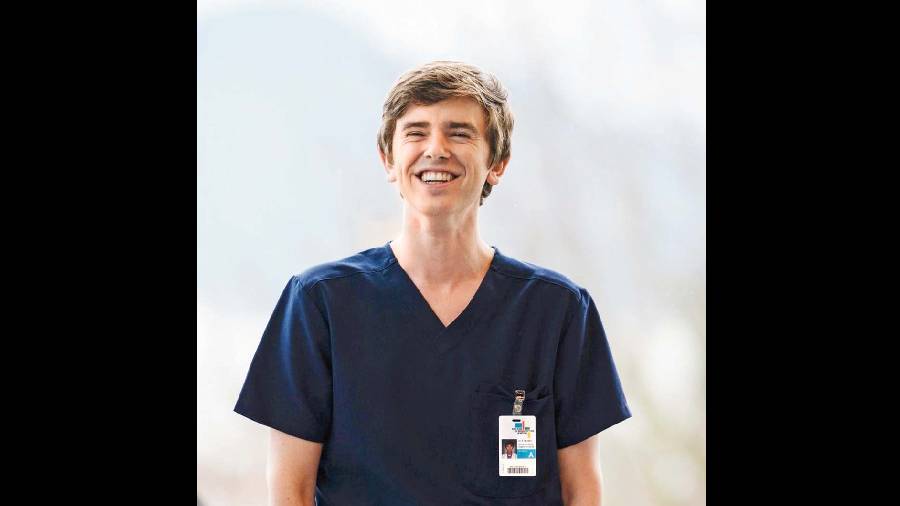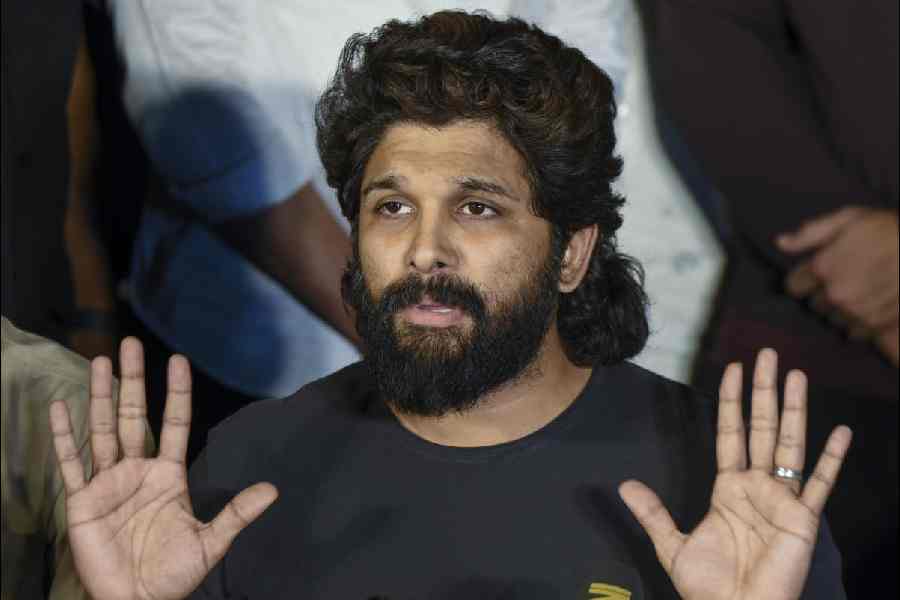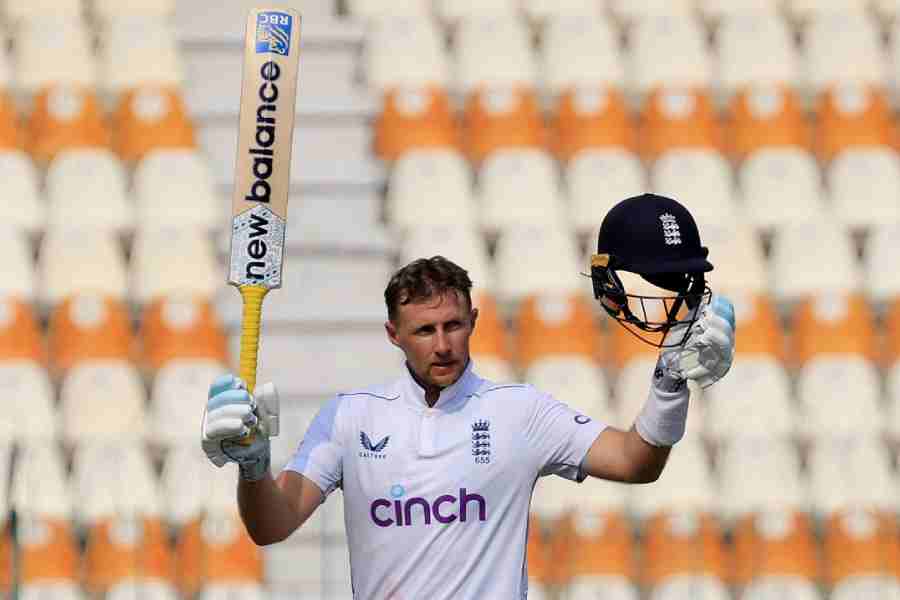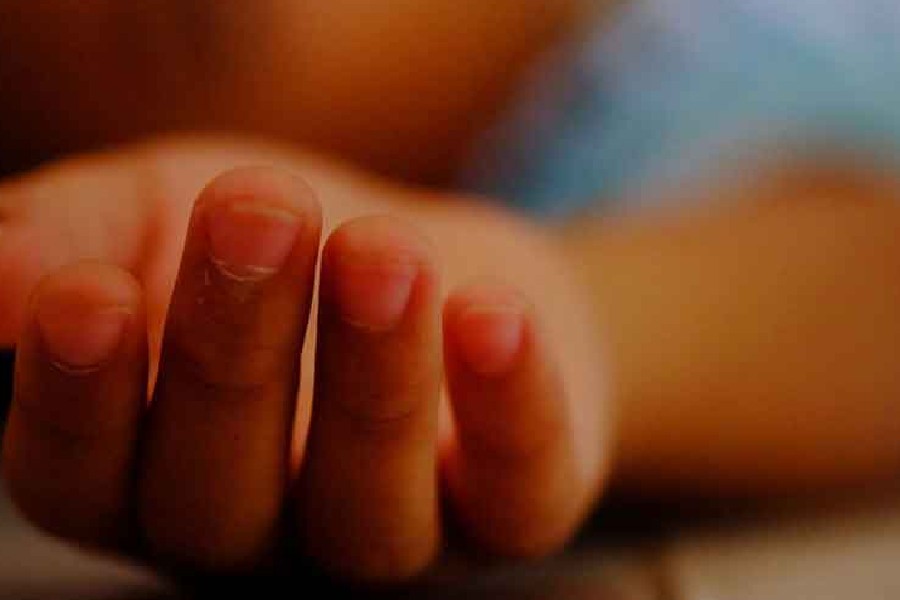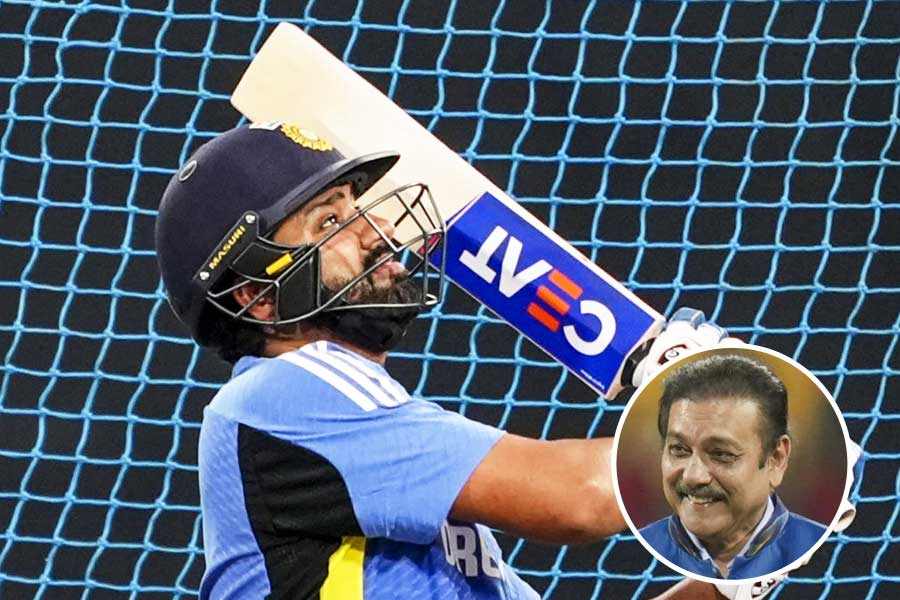Through six seasons, actor Freddie Highmore has winningly played Shaun Murphy, a young surgeon with autism and savant syndrome, in The Good Doctor. The portrayal has earned 30-year-old Highmore, who also executive produces the series, a Golden Globe nomination for Best Actor.
Highmore, who started off as a child actor in prestigious projects like Finding Neverland, Charlie and the Chocolate Factory, August Rush and The Spiderwick Chronicles has also earned praise for playing Norman Bates in the drama-thriller series Bates Motel.
With Season 6 of The Good Doctor now streaming on SonyLIV, The Telegraph chatted with Freddie Highmore on the evolution of Shaun Murphy and attaining the milestone of 100 episodes.
First of all, congratulations on reaching 100 episodes. That’s quite an achievement. What’s it been like emotionally to get to such a milestone?
It really is a milestone, isn’t it? In some ways, filming it feels like any other episode because the endeavour has always been to ensure that each episode is the best that it can possibly be, rather than saying, ‘Okay, 100th episode! We have to work hard and make this the best one ever! (Smiles)
But again, the 100th episode is definitely a special one. It’s lovely to celebrate such moments with the cast and crew. For all of us associated with the show, it caught us unawares that we were moving towards 100 episodes. The goal was never that, to be honest. And David Shore (the creator of The Good Doctor, who has written many critically acclaimed shows, including the popular medical drama House) was the writer on the 100th episode, and that made it doubly special. It was coming back full circle with him.
What are you exploring thematically in Season 6?
Dr Lim’s (played by Christina Chang) story is going to be incredibly intense, and isn’t something that will be dealt with quickly.
Aside from that intensity, there are discussions of Shaun taking on wider responsibility this season. We will see him getting to be a mentor and since that isn’t his natural arena, communication for him will be a challenge. Having Shaun be a bit more in control is an interesting perspective for the show, but that also means that his mistakes are magnified, and that’s interesting. There are new characters coming in this season.
Every episode of every season teaches a lesson about love, friendship, family.... What have been your biggest takeaways from The Good Doctor?
I think playing Shaun has made me a little less cynical, hopefully (smiles). Shaun is optimistic and hopeful. With all that’s happening around the world now, it’s easy to understand why one can tend to be a little cynical, and so it has been lovely to play a character who always sees the good in people, who always thinks that everyone is inherently good. And a bit of that has definitely rubbed off on me.
We have a lot of fun shooting the show as a cast and crew. Of course there are moments that are emotionally serious, that are emotionally big and everyone has felt that as we have gone along. There are big tragedies... there is something that happens this season that will impact a primary character in a big way. But for the most part, we are an optimistic show.
Playing Shaun Murphy has become a big part of my life. The big change in doing 20 episodes a year of this show means that it occupies a big chunk of my time and head space. That makes it a fulfilling experience and feels almost like a full-time job where I am devoting a large part of the year to one project. It makes it a more meaningful and special experience for me.
With so much other content available, clocking six seasons is an incredible feat. Do you remember what it was like on the first day of shoot?
The way I have approached this show, and all other work that I do, is to make it as good as it can be. And that was the idea on Day One of this show too. One thing that I have maintained from the first day of the shoot of The Good Doctor is to be wholly involved in the present, rather than pick a future goal. What I have always told myself is to keep going.
In hindsight, I would not change a thing about how I approached the show. I would not risk rolling the dice again and doing something different.
How do you think this show, and particularly your portrayal of Shaun Murphy, gives hope to those with autism?
We always wanted The Good Doctor to be more than just a television show. For all of us, going into each episode and each season, was powered by the fact that we were representing autism on screen, and that we had to do so authentically, genuinely and meaningfully, and as lovingly as possible.
We were careful to not fall into the trap of stereotypes and also to tell Shaun’s story in an individualistic way because we are aware that he can’t represent everyone within the spectrum of this condition. We have tried to make his journey as truthful as it could be, and through that, hope that this could be a starting point for people to understand autism more widely. It’s such an honour to get to play Shaun and hopefully, in some small way, we may have changed peoples’ perception, and that’s what I am proudest of.
What kind of inputs do you pitch in with, given that you have lived with the character and the show for six seasons now?
I wrote an episode in Season 2 and that season, in particular, I was heavily involved in the writers’ room and helped set the tone. My involvement as an actor has grown through the seasons and I haven’t been able to write anything in the last few years. But I love being a part of the wider process of this show.
Hugh Laurie, who plays Dr House on the eponymous show, has famously said that people would approach him on the streets with a medical problem and ask him for help. Has the same happened to you as well?
No, unfortunately, not! (Laughs) I have never met Hugh Laurie, but David Shore (who has worked on both shows) speaks of him often. But no one has ever approached me as a ‘doctor’... maybe I don’t have that! (Laughs) No one seems to be coming up to me with any medical complaints at all. I don’t have any medical insights to share, so it’s for the best that people stay away!
In life, hospitals are not anyone’s favourite place, and yet hospital dramas on television are almost always so popular. How do you explain that?
(Laughs) There are definitely some good reasons to be in hospital... the birth of a child, for example. When babies are born, a hospital seems like a lovely place, at least in that instance. But yes, I do agree with you that most people don’t like to be in a hospital.
As a genre, there is a certain watchability factor about the life-and-death state playing out every day. A drama set in a hospital has a kind of heightened arena that pushes the emotional quotient of its characters and automatically gets viewers involved. When the characters on a show get pushed to their limits every week, it’s a very useful and authentic way of evaluating them and their personality traits.
Despite his condition, in Season 6, viewers get to see how Shaun has evolved in many ways, and a medical drama is a good arena to get to tell such stories of evolution.
My favourite medical drama is... Tell t2@abp.in

